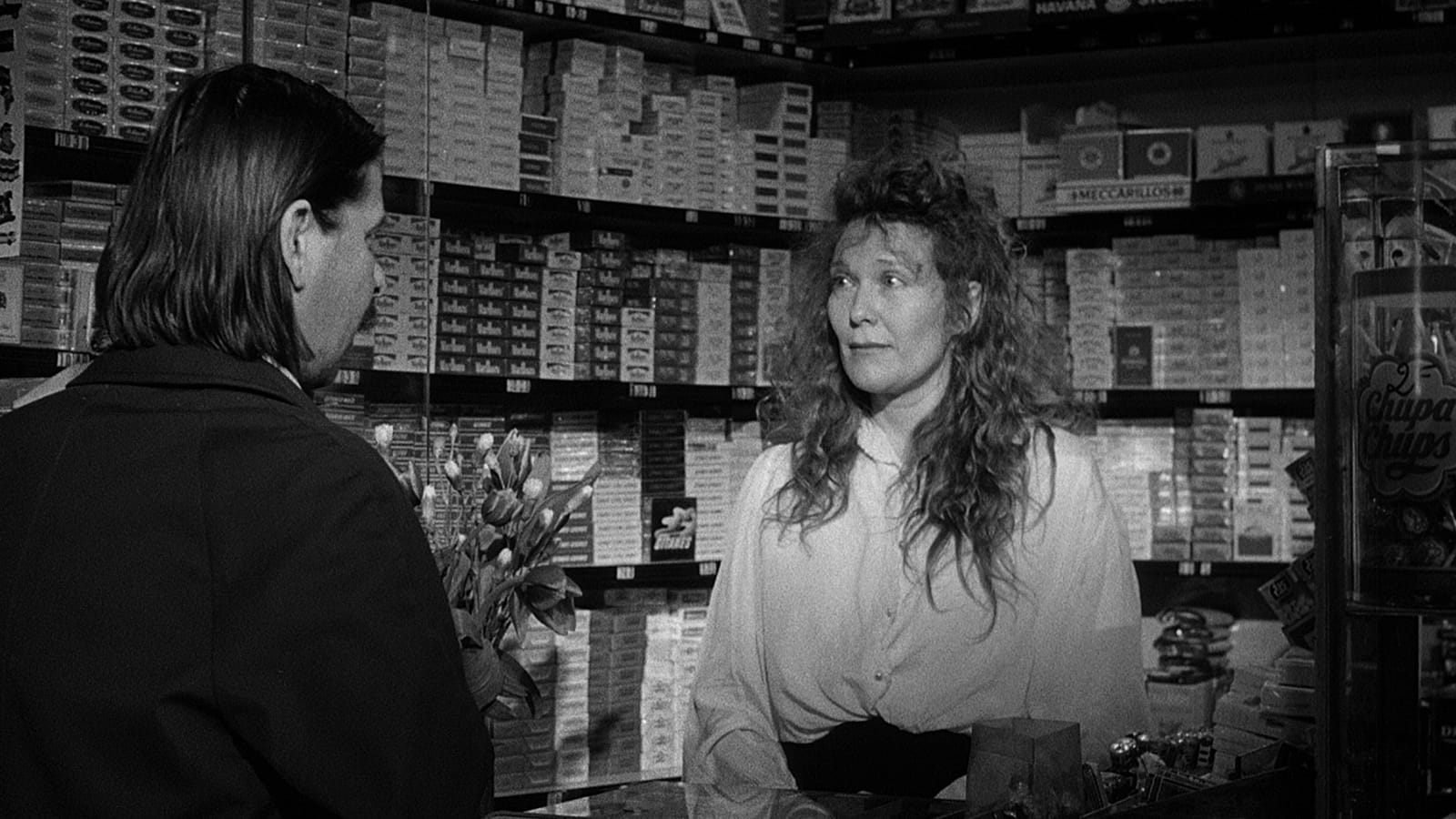La vie de bohème

This deadpan tragicomedy about a group of impoverished, outcast artists living the bohemian life in Paris is among the most beguiling films by Finnish director Aki Kaurismäki. Based on stories from Henri Murger’s influential mid-nineteenth-century book Scènes de la vie de bohème (the basis for the opera La bohème), the film features a marvelous trio of Kaurismäki regulars—André Wilms, Matti Pellonpää, and Karl Väänänen—as a writer, painter, and composer who scrape by together, sharing in life’s daily absurdities. Gorgeously shot in black and white, La vie de bohème is a vibrantly scrappy rendition of a beloved tale.
Director-Approved BLU-RAY Special Edition Features
- Restored high-definition digital film transfer, supervised by director Aki Kaurismäki, with uncompressed monaural soundtrack
- Where Is Musette?, an hour-long documentary on the making of the film
- New interview with actor André Wilms
- PLUS: An essay by critic Lucy Sante
Cover by Eric Skillman
Director-Approved BLU-RAY Special Edition Features
- Restored high-definition digital film transfer, supervised by director Aki Kaurismäki, with uncompressed monaural soundtrack
- Where Is Musette?, an hour-long documentary on the making of the film
- New interview with actor André Wilms
- PLUS: An essay by critic Lucy Sante
Cover by Eric Skillman

Cast
- Matti Pellonpää
- Rodolfo
- Evelyne Didi
- Mimi
- André Wilms
- Marcel
- Karl Väänänen
- Schaunard
- Christine Murillo
- Musette
- Jean-Pierre Léaud
- Blancheron
- Laika
- Baudelaire
Credits
- Director
- Aki Kaurismäki
- Written and produced by
- Aki Kaurismäki
- Based on the novel Scènes de la vie de bohème by
- Henri Murger
- Director of photography
- Timo Salminen
- Sound
- Jouko Lumme
- Production designer
- John Ebden
- Costumes
- Simon Murray
- Edited by
- Veikko Aaltonen
A scene from La vie de bohème















